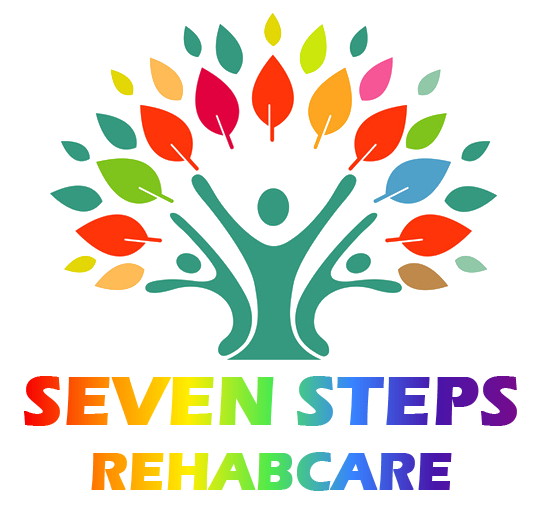Parent Training
Parent Training for Autism
The Seven Steps Development center provides parent training services for parents/caregivers of children with Autism Spectrum Disorder (ASD). We encourage you to try anything and everything, and not exclusively focus on the behavior that may be contributing to the problem.


Here are some tips from parents who have used our services.
Be patient. Some children demonstrate different behaviors when they are played with differently. Some children may not care for physical contact, and some may shy away from it. Know that every child is different.
Don’t give up. Traditional parenting wisdom says that if you find something you can’t stand behind, you should try it again and again. Keep playing, keep showing your child you love them, and keep listening for the next clue that will help you get your child to open up and communicate with you.


Parents/caregivers benefit from learning about ASD and how it affects the child and the impact it may have on the family. Parent training is offered in an interactive format including facilitated discussion and activities that address the major issues facing families with children with an autism spectrum disorder.
Topics include:

Family dynamics and structure

Connecting with the child

Helping the child develop social skills

Managing emotions

Stress management

Parent-child relationships

Understanding and managing behavior

Bullying and harassment

repressive parenting
This program offers advice to parents on how to foster the child’s development and improve his/her chance for success. It is based on the latest research findings.
As parents know, kids are born with around 100 billion brain cells, called neurons. They vary in size, shape and function, depending on when and where the child grew up. The connections between these brain cells are what drive our thoughts, emotions and actions.

This process of thinking about a thought and allowing it to move you in one direction or another, is how we learn. If we are raised in environments where actions like theirs are Gardens, Parks, Beaches and Boarding Schools, we will develop social habits like playing together, working together, sharing things and feeling cared for. We will learn to look for and create patterns in nature, by which we mean both the physical world and the social world.
